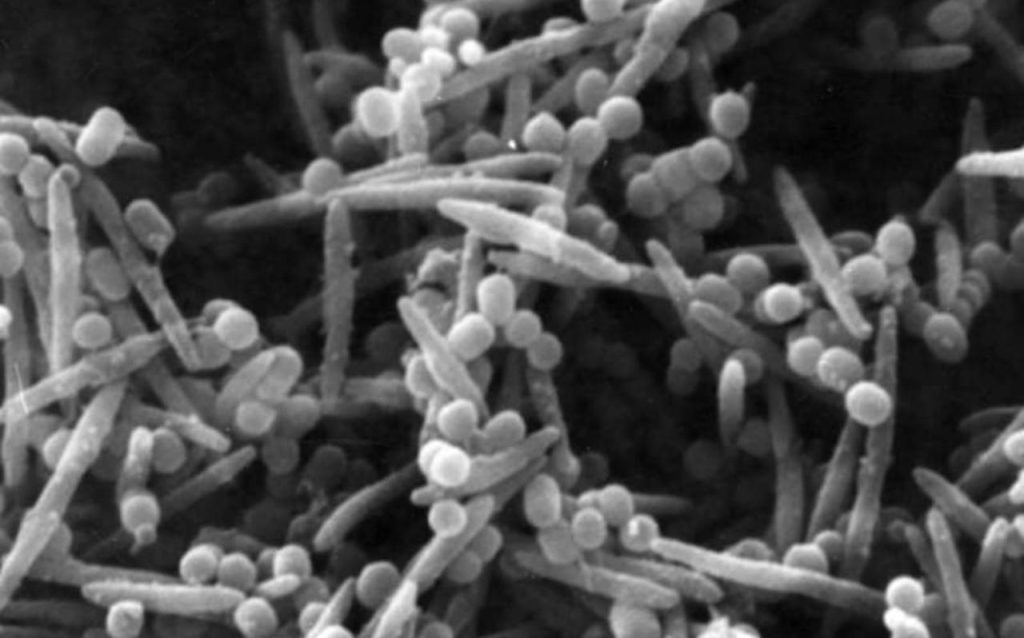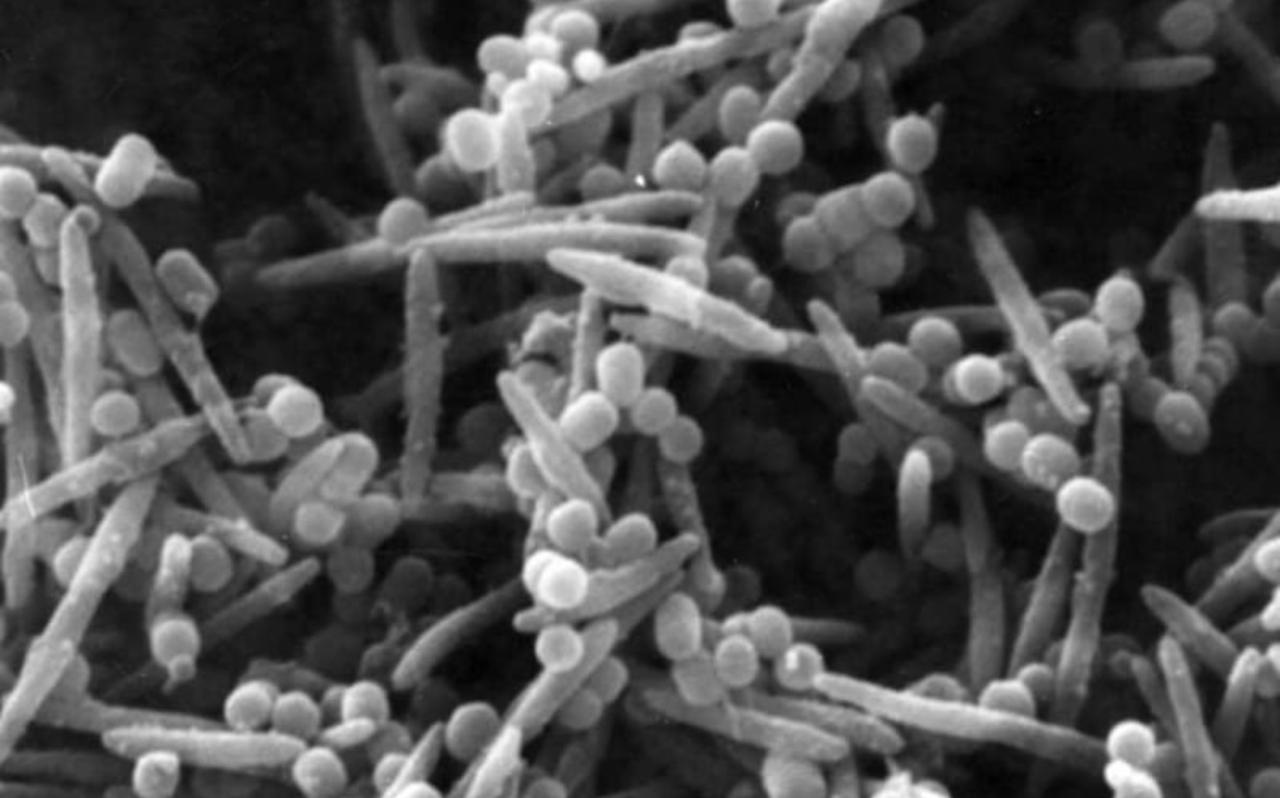If you’ve read any of our other articles, you know how important fiber is to maintain and strengthen your dog’s gut health. But there are other keys to keep your dog healthy, including animal protein. Fusobacterium is part of the phylum Fusobacterium and prefers a meat-rich diet.
Fusobacterium is a good example that what is good for us is not always good for dogs. In humans, some of this group of bacteria have been linked to colon cancer. However, it is common in the guts of healthy dogs for our best friends, who usually spend a lot of time outdoors. This may have something to do with the fact that Fusobacterium is actually a relic of our dog’s root system in the wild, and that it is still prevalent in the internal organs of wolves.
At least one species in the group, Fusobacterium varium, has been shown to produce butyrate, which helps regulate the immune system. Butyrate is an important short-chain fatty acid and is the energy source of choice for cells on the surface of the intestine.
At Stay, maintaining healthy Fusobacterium levels is very important to us. Low levels of Fusobacterium have been linked to chronic bowel disease and aggressive behavior. If we have intestinal problems all the time, we can also become aggressive and irritable!
To make things really interesting, the high level of this condition is also associated with dogs that are considered overweight. You can read more about obesity in dogs here. Obviously, the optimal level of Fusobacterium has a Goldilocks level!
Our friends in the phylum Bacteroides are the main competitors of Fusobacterium taking up space in your dog’s gut. Keeping all of this at a level that keeps your dog healthy and happy is just as important as making sure recipes are delicious. That’s why our expert nutritionists work so hard to incorporate the right amount of ingredients to support the right amount of growth of these bacteria.

